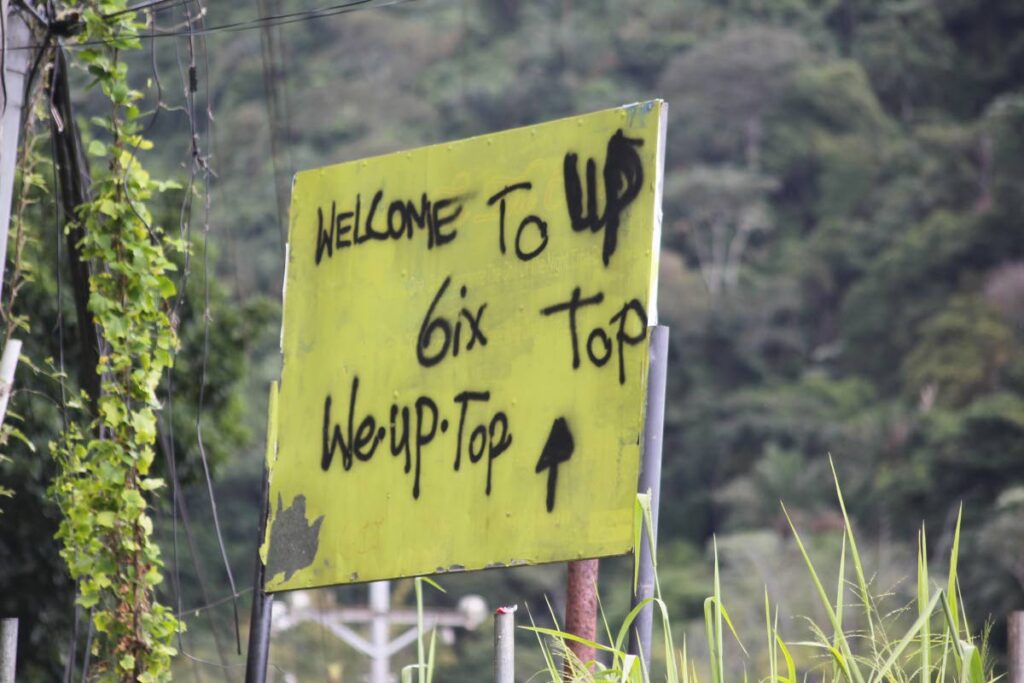Gangs by name and number

THEIR NAMES keep changing but the threat posed by gangs remains the same.
The latest, startling example of this came this week with the TT Postal Corporation (TTPost)’s written warning to employees to avoid clothing with numerals that might be mistaken as indications of gang allegiance.
This surreal warning was necessitated by at least one incident in which a worker carrying an umbrella with the number six displayed was confronted by gangsters while on the job in Port of Spain.
The number six was merely an indication of the postal district. But police say the number, sometimes stylised as “Sixx,” is used to identify a gang that reportedly broke away from the larger Rasta City gang, which went on to refer to itself as “Seven” in response.
This new report of how gangs appear to be choosing their targets reflects a piece of a society seemingly at the mercy of the invisible boundaries and dealings of these rogue entities, entities that plainly pose a direct challenge to the authority of the State and to the rule of law.
TTPost is not the first organisation that has had to consider the incursion of crime on its operations. Nor is it the first public entity to do so. But acknowledgement by a state-owned entity to this latest trend is the mark of a frightening new dimension to the crime problem.
It is a problem that continues to reach new lows and ever more absurd highs; a problem that now sees ordinary workers having to police their clothing for fear of walking, inadvertently, into a murder mystery or story featuring the puzzling codes of Edgar Allan Poe.
Exactly one year ago, the State, with support from the US Embassy, launched the Gang Reduction and Community Project (GRACE), the aim of which was to tackle not only detection but also the elimination of the root causes of gang activity.
Yet, for decades gangs have been a problem.
Before Rasta City and its spawn, there was the Young and Restless gang, whose members soon almost all died.
The emergence of Trinibad music – and the more recent rejoiner movement of positivity, Trinigood – has triggered much discussion about whether toxic masculine culture fuels or fights underworld activity. Either way, this music is a window to a world that is surfacing as the de facto state.
The proliferation of laws has done little to nip the problem. Gangs have been making inroads in Tobago. Utility workers now only enter certain areas with police escorts. Some workers have been killed.
This is unsustainable. We need more projects, like project GRACE, but we also need to review whether measures are making any real difference. If gangs are changing, so too must the approach to tackling them.

Comments
"Gangs by name and number"